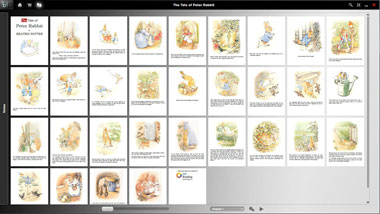It is a truism in today’s publishing industry that every problem can be blamed on Amazon. It doesn’t matter if Amazon is not even remotely connected to the issue or if the issue even exists (see the supposed decline of indie bookstores), one can still blame Amazon and have the industry nodding their heards.
So when Tom Mercer of Biblioteca Cloud Library sent out an email yesterday saying Amazon has data showing that library borrows hurts retail sales, and is showing that data to publishers and authors, I was not surprised.
This begs the next question: if authors and agents are voicing concerns about library lending, where are they getting their data from? I doubt it’s publishers, since a report on library lending is not part of an author’s royalty statement. There is only one company that has access to readers’ digital retail purchases as well as users’ digital library borrowing habits, and that is Amazon.
In 2009, Amazon created a publishing division, Amazon Publishing, which doesn’t sell any of its eBooks or audiobooks to libraries. They have teams of people talking with authors and agents trying to secure rights and make them as exclusive as possible to the Amazon ecosystem. It’s highly probable that they use the data provided by library users to argue that library lending is undercutting retail sales. This is a major concern that we need to understand and to face together as an industry.
As long as data is shared with Amazon by library users, Amazon will spin that data to create concern, and publishers will be forced to alter their digital library lending models or risk losing key authors.
You can read the email here.
I have not heard anything like this from my sources, although I do recall that Tom made a similar claim last month. In that case Amazon was supposedly convincing publishers that library ebooks hurt sales.
No evidence was presented then, either, although Amazon did release a statement denying the claims. “We believe that public library lending is very important to society and, among its many benefits, helps increase literacy and provide[s] authors and their books with broader audiences,” an Amazon spokesperson told LJ. “Publishers make their own business decisions regarding library lending.”
I do not know any author who believes what Tom claims they do, and I have serious trouble accepting the idea that Amazon could influence the decisions of the Big Five. In fact, based on what I have seen I think it’s more likely that the Big Five publishers would do the exact opposite of what Amazon recommends simply because they do not like Amazon.
If you have experiences to the contrary, I would like to hear it.
As for Amazon being wedded to exclusivity, I would remind you that the rules about having ebooks exclusively in Kindle Unlimited do not apply to the library ebook market.
You can’t have an ebook in Kobo and KU, but you can have the ebook in Overdrive. To give you a few examples, here are a bunch of authors with ebooks in Overdrive. Many of the books on that page are self-published, and if you check the Kindle Store you will find they are in Kindle Unlimited.
Update: A bunch of people have told me that the KU rule does apply to library ebooks. (That is not what I was told by Amazon PR, sorry.)
I don’t know about you, but that page would seem to contradict Tom’s claims, and support Amazon’s public statements.
Then again, I don’t have all the facts. What do you know that I do not?
image by uberculture via Flickr


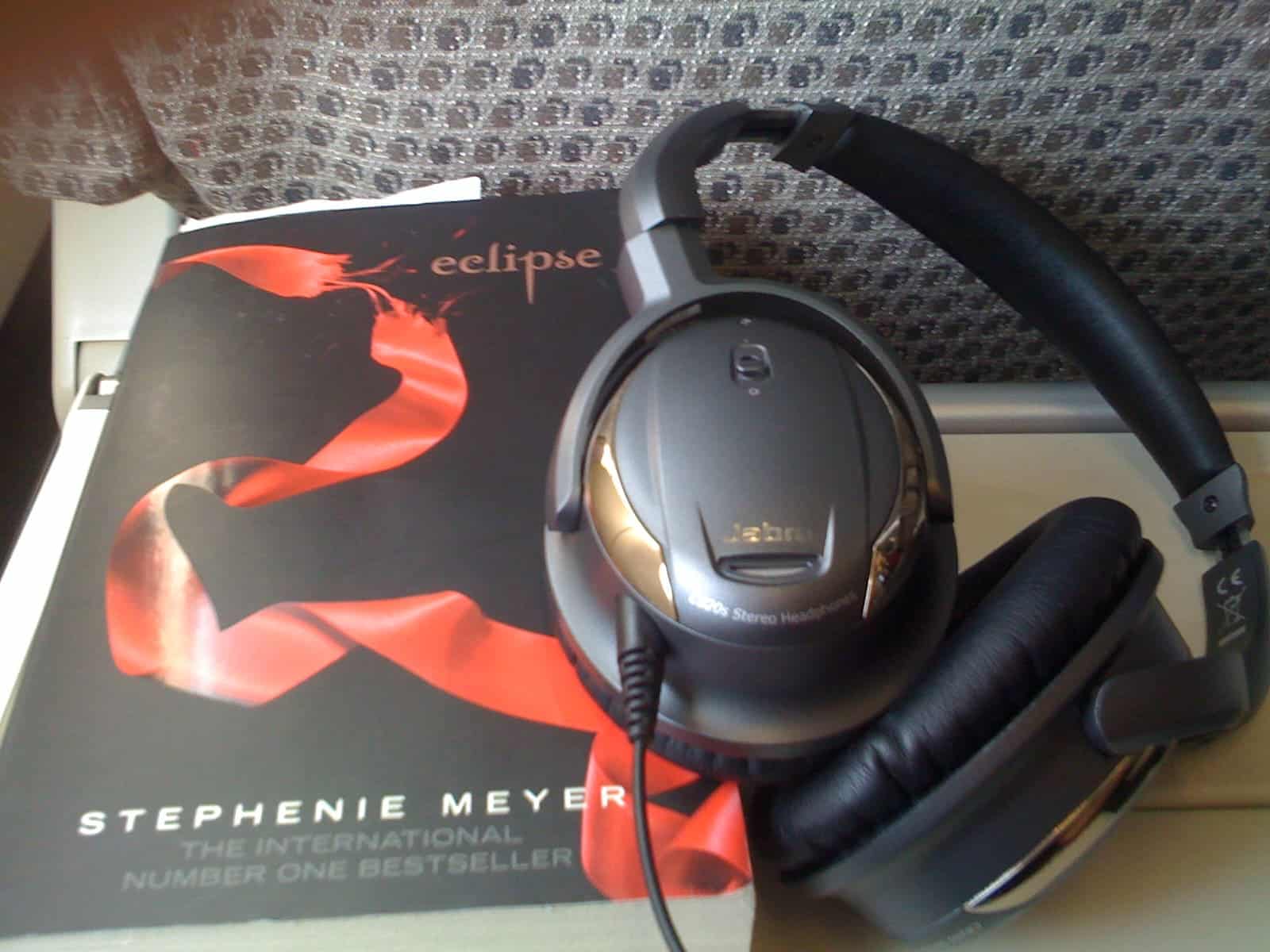
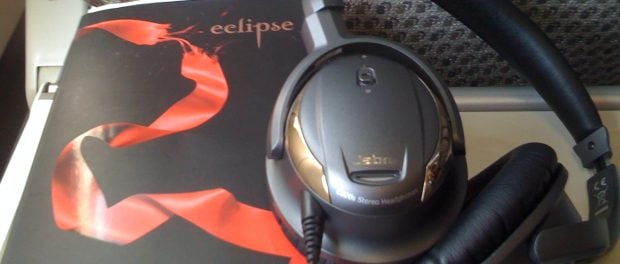

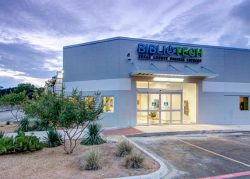


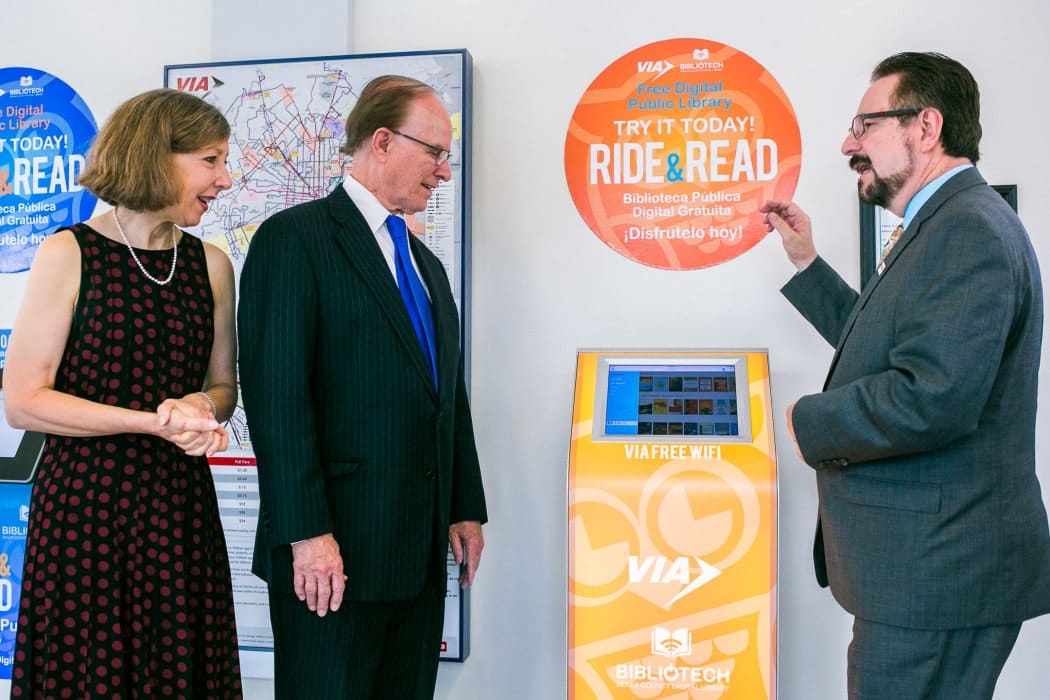



![Reedsy-logo[1]](https://the-digital-reader.com/wp-content/uploads/2014/10/Reedsy-logo1-250x67.png)
![web_banner_self-e[1]](https://the-digital-reader.com/wp-content/uploads/2014/05/web_banner_self-e1.png)

![biblio-mat1[1]](https://the-digital-reader.com/wp-content/uploads/2012/11/biblio-mat11-341x500.jpg)
![mza_2948564324248149081.480x480-75[1]](https://the-digital-reader.com/wp-content/uploads/2012/08/mza_2948564324248149081.480x480-751-187x250.jpg)
![bibliocrunch-85344245[1]](https://the-digital-reader.com/wp-content/uploads/2012/06/bibliocrunch-853442451.jpg)
![picture-25[1]](https://the-digital-reader.com/wp-content/uploads/2012/01/picture-251-170x250.png)
![picture-6[1]](https://the-digital-reader.com/wp-content/uploads/2012/01/picture-61.png)

